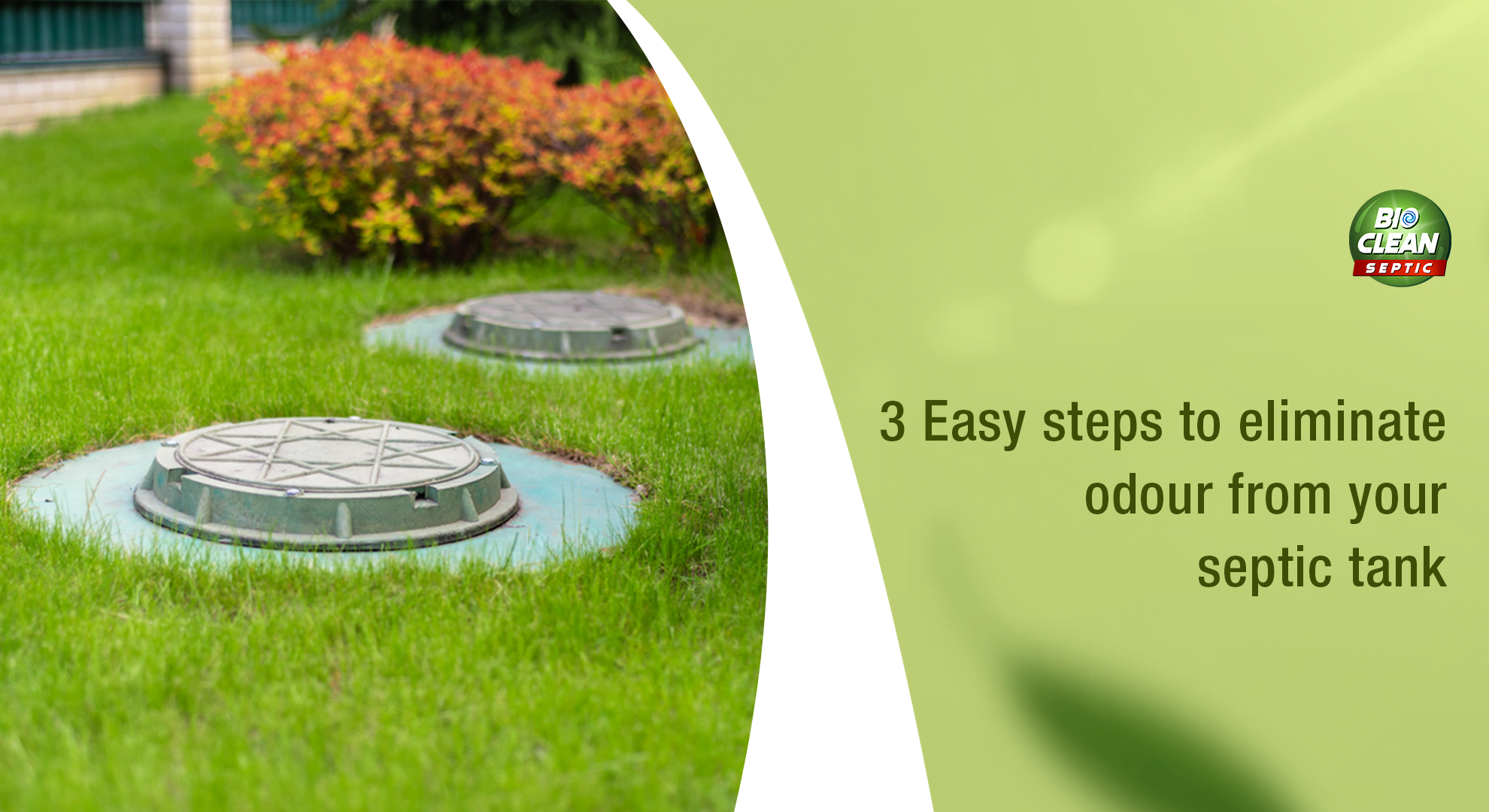
The Great Septic Tank Smell Battle: A Guide to Winning
Let's face it, a septic tank smell inside your house is not exactly a "home sweet home" vibe. It can be embarrassing, unpleasant, and frankly, a little scary. But before you call a plumber (and potentially face a hefty bill), there are some things you can do to conquer that stench. Let's dive in and get your home smelling fresh again!
The Usual Suspects: Identifying the Source of the Smell
The first step is to figure out where the smell is coming from. You might think "duh, it's the septic system!", but it's not always that straightforward. Here are some common culprits:
1. The Septic Tank Itself
This is the most obvious cause. If the tank is full, or if there's a leak, you're likely to get a distinct "sewage" smell wafting through your house. But how do you know it's the tank? Well, pay attention to where the smell is strongest. Is it concentrated near a drain in your bathroom, kitchen, or laundry room? If so, the septic tank might be the culprit.
2. The Drainfield
The drainfield is the underground system that filters the wastewater from your septic tank. If it's clogged or damaged, the wastewater can back up and cause a nasty smell. This might be less obvious than a tank issue, as the odor might be weaker and spread out more.
3. Plumbing Traps
Don't forget about those tiny, often overlooked plumbing traps! These are U-shaped bends in your plumbing that hold a small amount of water. The water acts as a barrier to prevent sewer gases from entering your home. But if the trap is dry (maybe due to a leaky faucet or infrequent use), that barrier disappears, allowing those unpleasant smells to flow in.
4. Vent Pipes
Think of vent pipes as the "breathing holes" for your plumbing system. They allow sewer gases to escape safely outside your house. If a vent pipe is blocked or damaged, those gases can't escape and might find their way inside.
Tackling the Smell: Practical Tips for Septic Serenity
Now that you know where the smell might be coming from, let's talk about what you can do. Don't worry, most of these are DIY solutions:
1. A Good Old-Fashioned Clean
Sometimes, all it takes is a good cleaning. First, tackle the drainfield area - remove any debris (leaves, sticks) and make sure the ground is clear and sloping away from your house. Next, give your plumbing traps a good scrub with baking soda and vinegar. Finally, check your vent pipes for blockages. If you see any bird nests or debris, gently remove them.
2. The Power of Baking Soda
Baking soda is a natural odor absorber. Sprinkle it around your drainfield and inside your septic tank (you can use a garden hose to direct it down the septic tank opening). This will help to neutralize any lingering smells.
3. Vinegar: A Natural Deodorizer
Pour a cup of vinegar down your drains, especially those near where you notice the smell. Vinegar is acidic and helps to break down grease and grime that can trap odors. Don't forget your kitchen sink, as food scraps can contribute to septic tank smells.
4. Fresh Air is Your Friend
Make sure your house is properly ventilated. Open windows and doors to let fresh air circulate. If you have a bathroom fan, use it frequently, especially after taking a shower. This will help to draw out any lingering odors.
5. Consider a Septic System Enzyme Treatment
Enzyme treatments are available at most hardware stores and are designed to break down waste in your septic tank, reducing odors. Follow the manufacturer's instructions carefully.
6. Beware of Harsh Chemicals
While those "miracle" septic tank cleaners might seem tempting, they often contain harsh chemicals that can actually harm your septic system in the long run. Stick with natural remedies and enzyme treatments.When To Call in the Pros: Knowing When to Seek Professional Help
Sometimes, DIY just isn't enough. If the smell is persistent, strong, or accompanied by other problems like slow drains or gurgling noises, it's time to call a professional. Here are some warning signs that you should call a plumber:
Preventive Measures: Keeping Your Septic System Happy
A little prevention goes a long way when it comes to septic system odors. Here are some tips to keep your system running smoothly:
Commonly Asked Questions
Q: Can a cracked septic tank cause a smell inside the house?
Absolutely! A cracked septic tank can allow sewage to leak out, which can cause a strong smell inside your house. This is a serious problem that needs professional attention.
Q: Why is my septic tank suddenly smelling?
There are many possible causes, like a buildup of solids in the tank, a clog in the drainfield, or a leaking plumbing trap. It's a good idea to check for any obvious issues first (like debris in the drainfield) and then consider calling a professional if you can't pinpoint the problem.
Q: Can I use bleach to clean my septic system?
While bleach can kill bacteria, it can also kill the beneficial bacteria in your septic tank that help to break down waste. This can actually make the odor problem worse in the long run. Stick with natural solutions or enzyme treatments.
Remember, a well-maintained septic system is a happy system. By following these tips and taking preventative measures, you can keep your home smelling fresh and avoid unpleasant surprises. If you have any lingering doubts, always consult a professional!
Post a Comment
Note: Only a member of this blog may post a comment.